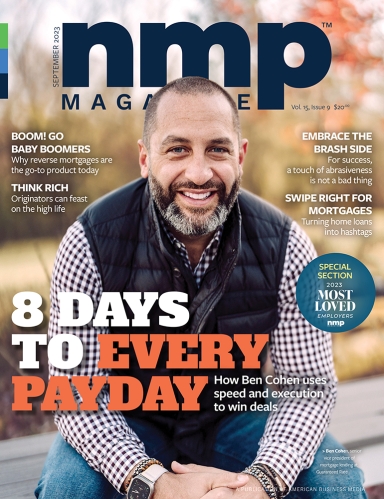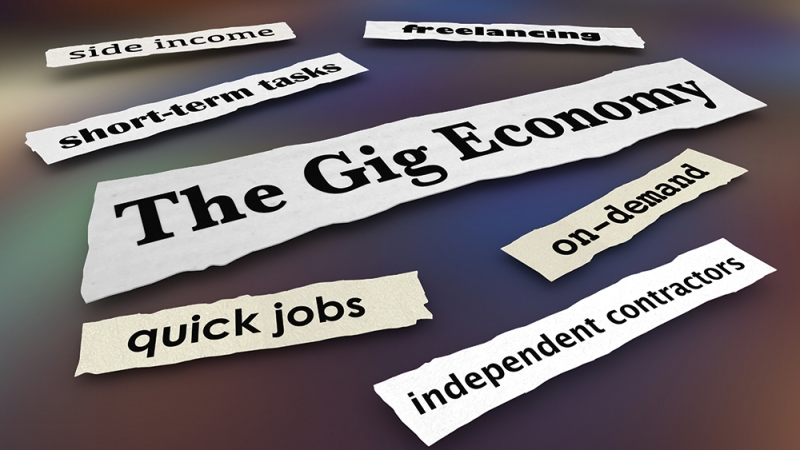What makes a brand? It’s a question I was mulling over recently after witnessing a company acquisition get a bit messy after news came out that its current employees were not part of the deal. While the acquiring company continued to tout the original company name and branding, a now-former employee fired off a comment about the company no longer having any worth without its former workforce. It was certainly an interesting thought considering the customers of that company were essentially losing all connection they once had.
Sure, the logo and branding still stood, but the people they had come to work with and, more importantly, trust over the years were gone. Any customer loyalty would likely have to be won back because it would essentially be starting from scratch from a customer experience perspective. You can’t simply throw someone new at a customer and think that relationship can pick up where it left off. With all of this in mind, it’s hard not to wonder how that could ultimately impact the future success of this or any company for that matter. Despite every other aspect remaining intact, just how important are employees to a company’s brand?
When you think of some of the most recognizable brands, you probably envision their logos, their colors, and maybe the unique names of the products they sell. What you may not think about though is the role that a company’s employees play in brand development and brand strategy. Just like many other facets, the employees are also a critical part of a company’s brand and can be a major differentiating factor in a competitive industry, like the mortgage industry. So, if you have never given any thought to how employees play into your company’s brand, it’s time to recognize your workforce’s inherent value and how you can develop a more defined employee branding strategy for your business.












